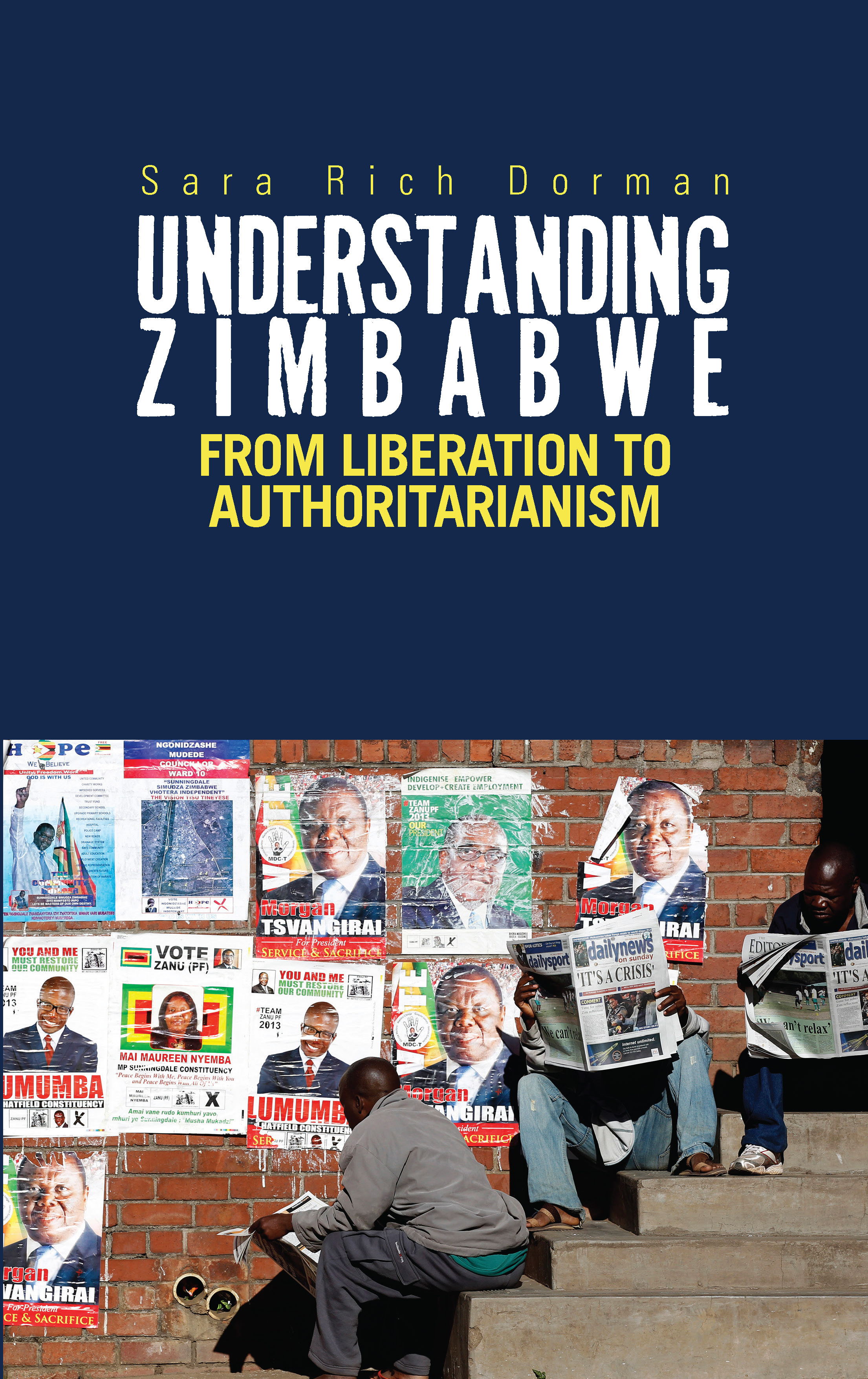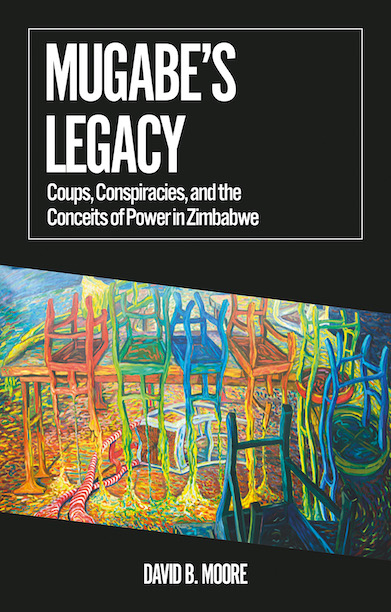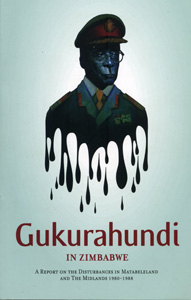Understanding Zimbabwe
From Liberation to Authoritarianism
There is more to Zimbabwe than Robert Mugabe, as this book demonstrates by analysing alternative histories of the nation’s politics from independence to the present.
Description
Zimbabwe’s recent history has been shaped by battles about who speaks for the nation, one fought out in struggles for control of political institutions, the media, and civil society. In her book Sara Rich Dorman examines the interactions of social groups — churches, NGOs, and political parties — from the liberation struggle, through the independence decades, as they engaged the state and ruling party. Her empirically rich account reveals how strategies of control and co-option were replicated and resisted, shaping expectations and behaviour.
Dorman tracks how the relationship between Mugabe’s ruling party and activists was determined by the liberation struggle, explaining how electoral machinery, the judiciary, and other institutions of state control ensured ZANU-PF hegemony, even as other forces in Zimbabwean society demanded accountability and representation.
This is a story of ambiguity and complexity in which the state and civil society mimic and learn from each other. We learn how both structural and direct violence are deployed by the regime, but also how ad-hoc and unplanned many of their interventions really were. Even as the liberation war generation reluctantly exits the Zimbabwean political stage, their influence continues to shape interaction between citizens and the state.
Table of contents
- Understanding Zimbabwean Politics
- The Politics of Liberation (1965-1980)
- The Politics of Inclusion (1980-1987)
- The Politics of Durability (1987-1997)
- The Politics of Polarisation (1998-2000)
- The Politics of Exclusion (2000-2008)
- The Politics of Winner-Takes-All
- Writing Zimbabwe’s Politics
Reviews
‘An important and interventionist text on contemporary Zimbabwean politics. … Dorman’s book does more than offer a responsible analysis of contemporary Zimbabwe; it also dispels myths and shallow analyses of the recent Zimbabwean past.’ — African Studies Review
‘Sara Rich Dorman offers us an original, refreshing and well thought-out understanding of Zimbabwe’s complex contemporary politics. With her focus on the articulation and deployment of power and the role of non-state actors (NGOs and others) in politics, Dorman succeeds not only in enriching Zimbabwean studies but also the broader modes of writing African contemporary history and politics.’ — Sabelo J. Ndlovu-Gatsheni editor of Mugabeism? History, Politics and Power in Zimbabwe and author of The Decolonial Mandela: Peace, Justice and Politics of Life
‘For many African states we lack authoritative texts that explain their political history and bring it up to date in a thorough and balanced way. With Sara Rich Dorman’s readable and insightful volume, this gap has been filled for Zimbabwe. If you are looking for one book to read on Robert Mugabe and ZANU-PF you cannot do much better than this.’ — Nic Cheeseman, Associate Professor of African Politics, Oxford University
‘Sara Rich Dorman provides a comprehensive and thoughtful narrative of the tragedy of politics in Zimbabwe after the triumph of its liberation movement. Instead of demonising Mugabe, she explains the resilience of the Zimbabwe African National Union, which used the tools of coercion, distribution of resources, and ideological positioning to maintain itself as the exclusive representative of the nation.’ — Frederick Cooper, author of Africa in the World: Capitalism, Empire, Nation-State
‘Understanding Zimbabwe is a remarkably original, expansive and analytical text. There is no shortage of academic books on Zimbabwe, few however, resemble Sara Rich Dorman’s monograph and unique insights into the operation of “counter-hegemonic” forces. — Nick Branson, Senior Researcher at Africa Research Institute
‘Dorman shines a light on the large amount of academic work that has been done by Zimbabweans and outsiders on the puzzle that is Zimababwe. … There is much tragedy behind [her] assessment of the state of affairs … This is a valuable contribution.’ — The Round Table
‘Sara Rich Dorman provides a robust explanation for the longevity of the Mugabe-led regime in Zimbabwe, analysing the interests, coercive power and underlying public discourse that sustained the Mugabe regime over a 37-year period.’ — Survival
Author(s)
Sara Rich Dorman is Lecturer in Politics, University of Edinburgh. She was co-editor of African Affairs from 2006 to 2011.


